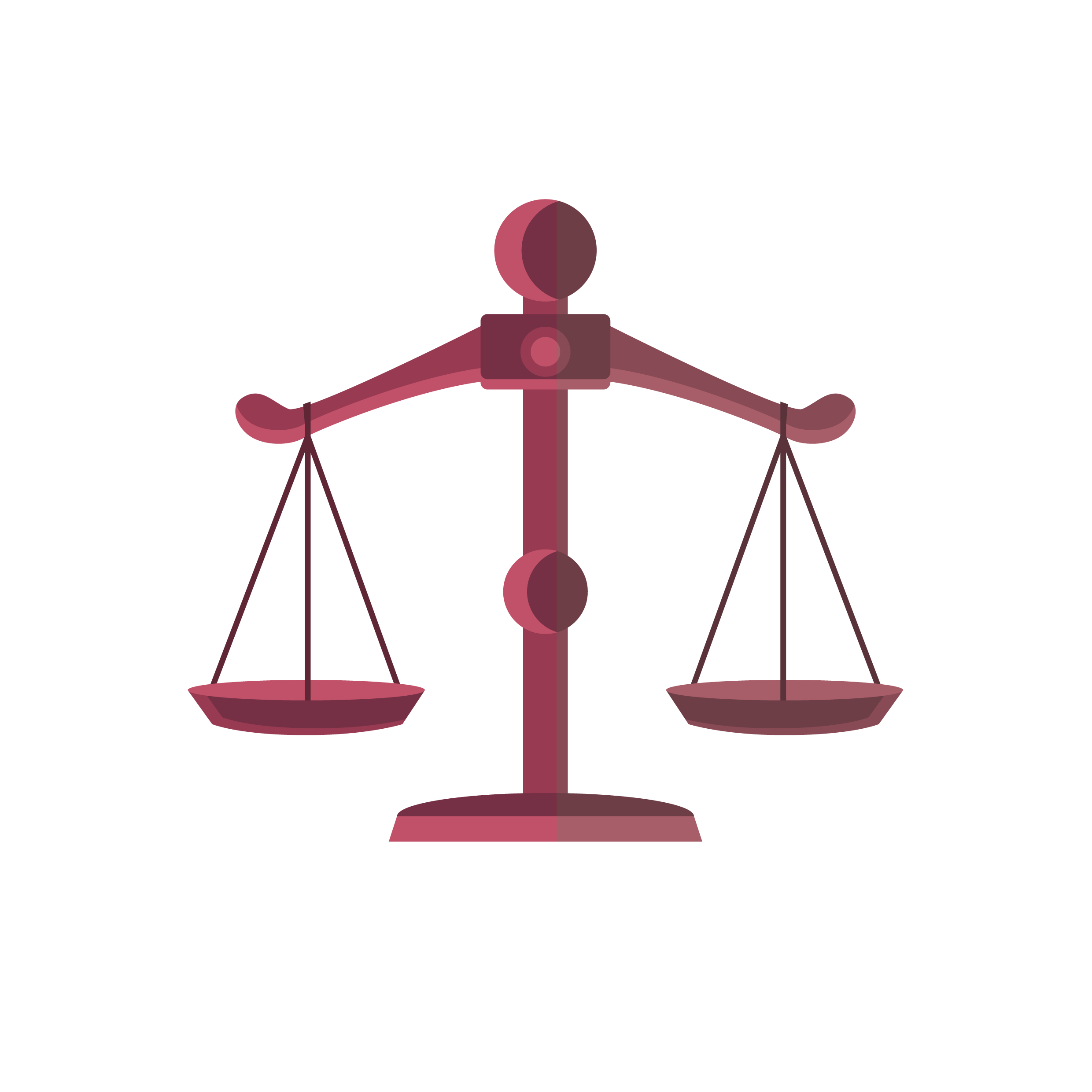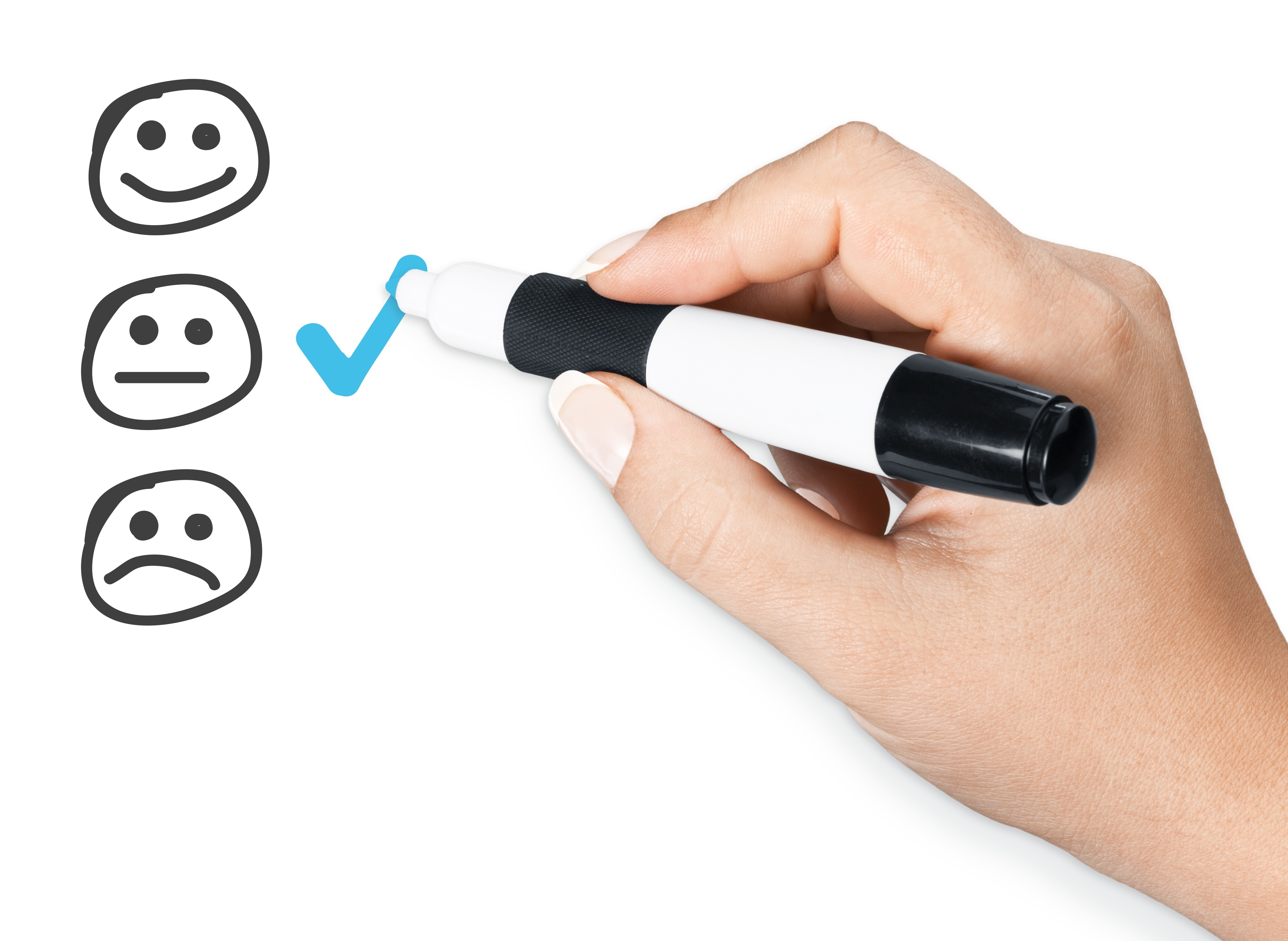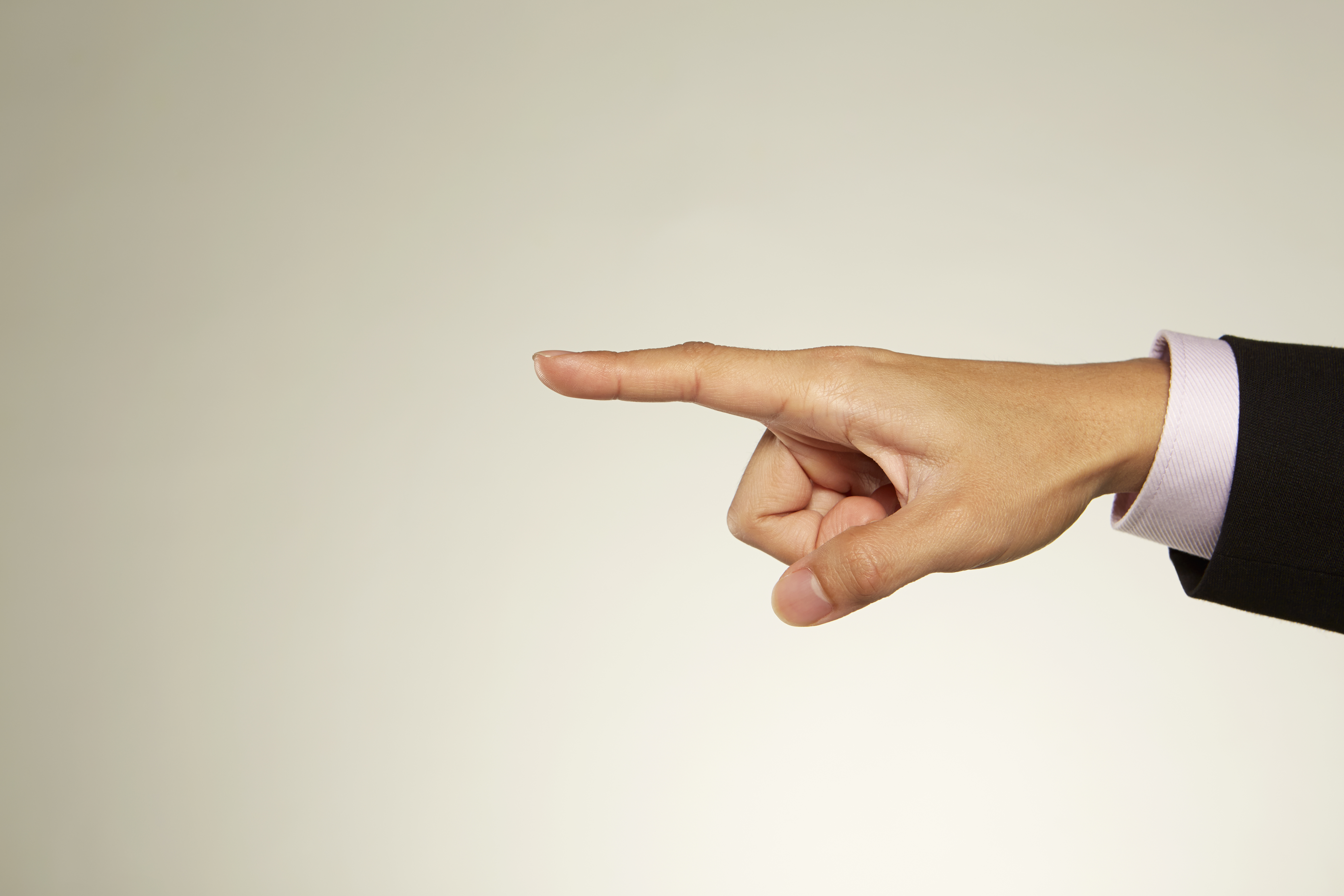The Colombian police offer who had stopped us explained for the fifth time that crossing the double yellow line is illegal in Colombia (where isn’t it?) and that I had committed a “serious offense.”
Never mind the fact that a minibus had pulled halfway off the road to discharge passengers and that four local cars had pulled into the opposing lane to get around him before I committed my heinous act.
He asked me to get out of the car and led me around to the back, out of earshot of his partner. He somberly explained that our car would be impounded for two weeks and that my wife and son would be left on the side of the road. But all would be forgiven if I paid the fine on the spot.
Even Though Most Cops Are Honest…

Copyright: Image by StockUnlimited
It’s an unfortunate fact that not all police officers are completely honest. Some see a tourist from another country as an opportunity to generate a little extra cash. Sometimes this is just how things are done in that country, or perhaps the police force hasn’t been paid in awhile. Whatever the cause if you travel for long enough you will eventually be stopped for a bogus infraction.
In this article we share some of the strategies that we and others have used to identify and deal with illegitimate traffic stops. Before we get started though, let me say that in 2 years of traveling in Latin America we only experienced one bogus traffic stop. Nearly every police officer we encountered was friendly and professional.
Types of Police Stops

Copyright: Image by StockUnlimited
Sometimes people build an impromptu speed bump out of dirt in the road or string a rope across the road to stop traffic. This can be a little intimidating, because usually these people are not officials. We experienced this once in Southern Mexico. After we stopped we were asked for a donation to help an ill family member. Everyone who passed by was being stopped; it wasn’t just the tourists.
Many countries utilize checkpoints along the road for various purposes. In the United States motorists will occasionally encounter sobriety checkpoints where police are checking for drunk drivers. Other times they’re to make sure you’re not bringing fruit or veggies from one region to another.
Be Friendly and Respectful

Copyright: Image by StockUnlimited
Whenever we are stopped by someone in a uniform, there are a few things we always do:
- Put our electronics out of sight. We use an iPad for navigation, we usually have our cellphone handy, and our son is often using his tablet in the car. We try to make these items less conspicuous. We figure that the fewer obvious signs of wealth we display the better.
- Remove our sunglasses. Our goal is to look as friendly, innocent, and respectful as possible. Removing our sunglasses allows the officer to make eye contact with us and is hopefully seen as a sign of respect.
- Turn off the radio. This is another sign of respect and makes it easier to communicate.
The last thing we want is an annoyed or angry police officer. By showing respect and not exuding an air of superiority as a foreigner, we hope to avoid giving the officer any excuse to try to demonstrate his/her authority.
Assessing the Situation

Copyright: Image by StockUnlimited
Most often officials will ask you a few perfunctory questions. Where are you coming from? Where are you going? Where are you from? Once they’re satisfied they’ll usually send you on your way. Occasionally they’ll ask to look inside your car. We always comply with this request and make it obvious that we have nothing to hide.
If the officer says you’ve done something wrong your first objective is to figure out if the infraction is legitimate or not. Don’t automatically assume that the infraction is bogus. Travelers are subject to the laws of the country they’re in, and if you’ve really broken the law you’ll have to accept the consequences.
Assuming that you’re somehow above the law because you’re a foreigner shows a lack of respect for the local culture and reflects badly on travelers in general.
There are a few things to look for in determining whether the infraction you’re accused of is legitimate. Specific violations, such as not having your headlights on where daytime headlight use is required, are probably honest.
Bogus infractions tend to be for subjective violations. Crossing the yellow line, even though you did so to avoid the donkey cart, or the tint on your windows being too dark. In a bogus stop, there won’t be any mention of an official ticket.
Often the officer will present a dire situation, then offer an easy way out. Drive to a city 2 hours back the way you came to pay a large fine and get your drivers license back in two days’ time, or pay him a much smaller fine directly and be on your way.
Pay attention to mannerisms and body language. Straightforward, matter-of-fact behavior indicates honesty.
Strategies for Dealing With an False Accusation

Copyright: Image by StockUnlimited
We believe that it’s important to comply with the law if you’ve really done something wrong. We also believe that giving in to a bogus fine should only be done as a last resort. Otherwise travelers are seen as a source of easy money, making it more difficult for others. Here are some ways to avoid paying a bogus fine or bribe.
Pretend you don’t speak the Language.
This is a popular tactic, and people report success using it. Pretend you have no idea what the officer is saying, and eventually they get frustrated and let you go. This could probably work with legitimate as well as bogus stops.
We always try to show respect and assume that the officer is honest until he proves otherwise. Therefore we start out by communicating as best we can in the local language. If the officer does prove to be corrupt, we’ve already tipped our hand to whatever language abilities we have.
Ask to go to the police station.
If the officer is trying to extract a bribe, he won’t provide a receipt or ticket and he will want to conduct the transaction on the spot in cash. Asking to go to the nearest police station is one way to indicate that you’re onto his game that you won’t be paying his bribe. The request will be refused, but at this point you need to convince him that you’re not going to be an easy target.
Tell the officer that you don’t carry cash
This can be used in conjunction with the previous tactic. You only carry credit cards, and you’ll need to go to the police station to pay your fine.
Don’t hand over original documents
You’ll often be asked for your drivers license and/or passport. In most cases the officer inspects them and hands them back. But if the officer is corrupt he can use his possession of your driver’s license and/or passport as leverage.
We made laminated color photocopies of our drivers licenses and kept the originals in our safe. The copies were never questioned, probably because our copies looked so much like the originals. (Be careful, though. Showing copies of legal documents is illegal in some places, including in Mexico. If you aren’t sure, don’t do it. Just because we didn’t get caught doesn’t mean that you won’t).
Passports are even trickier. Even honest police will ask to see the original, and refusing to hand it over can be seen as a lack of trust and respect. We always handed over our original passports and never had a problem getting them back. We do know travelers that refused to hand over their original passport. They would show it to the official to prove that the copy was accurate, but it never left their possession.
Waiting them out
The best tactic that we’ve found is to play the waiting game, combining some or all of the above tactics. Act like you have all the time in the world. We’ve found that eventually the officer will let you go just so he can find an easier target.
On the side of the road in Colombia, I told the officer that we needed to accompany him to the police station to address the infraction. He declined, saying he couldn’t leave his post. I asked if there would be a receipt given, and he said no. At that point he knew that we had called his bluff and after about 20 minutes of “negotiating” he finally let us go.
Receipt or Not?

Copyright: Image by StockUnlimited
There’s a gray area too. If you’ve been stopped for a legitimate offense, you’ll sometimes be given the choice of paying the full amount and getting a receipt, or paying a lesser amount and not getting a receipt. It’s pretty obvious what’s going on here, and while it’s tempting to save your cash for a beer later, keep in mind that bribing a police officer is illegal pretty much everywhere. However unlikely it may be, paying a bribe could land you in serious trouble.
Want to read more? Here’s another firsthand account and how the travelers involved handled the situation.
